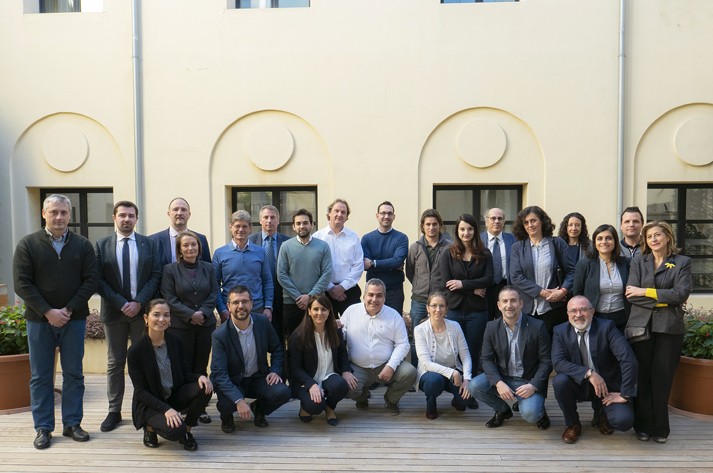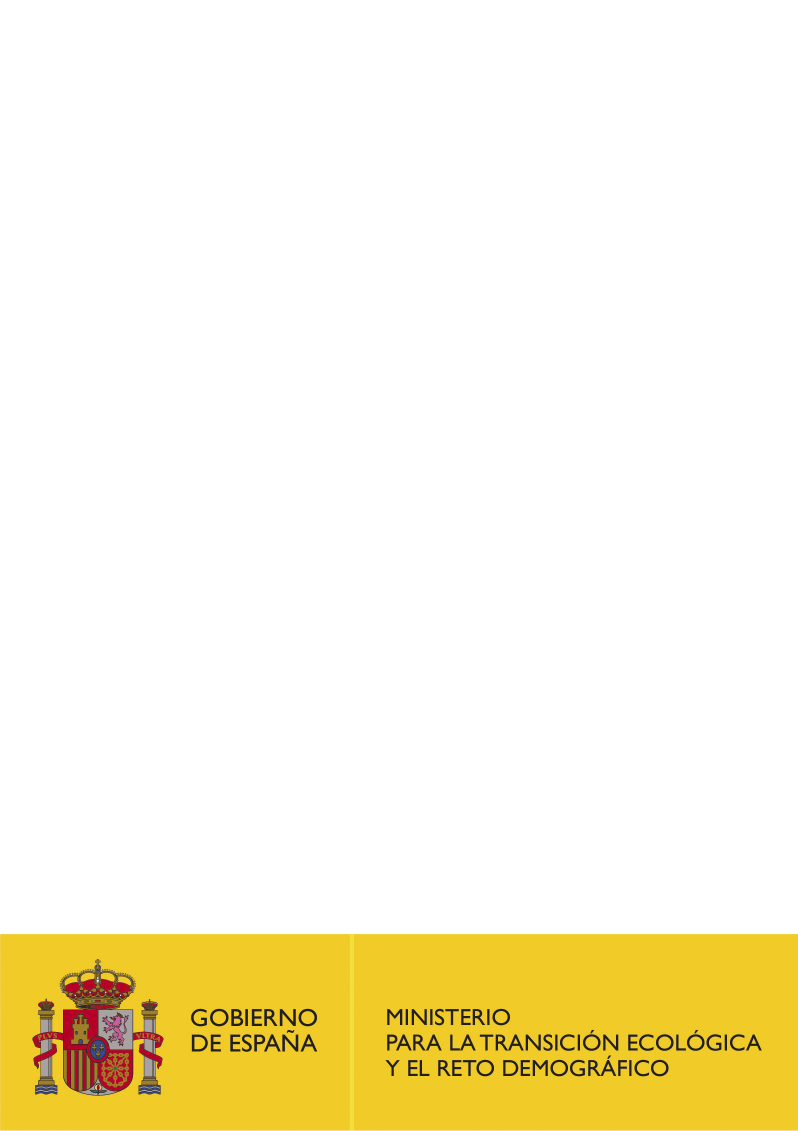Valencia Terminal Europe and MSC Terminal Valencia will become the first European port facilities to use hydrogen-powered machinery
Valencia – 05.02.19. Today the first internal technical meeting of the European project “H2PORTS – Implementing Fuel Cells and Hydrogen Technologies in Ports” is being held in Valencia. This project is coordinated by the Fundación Valenciaport, in close collaboration with the Valencia Port Authority, and financed by the Fuel Cell and Hydrogen Joint Undertaking (FCH JU) programme.
H2PORTS’ main objective is to provide efficient solutions to facilitate a rapid evolution from a fossil fuel based industry to a low carbon, zero emission sector. Hydrogen has been previously tested in other logistics and transport sectors as a solution for machinery and vehicles, so the action proposes different pilots to bridge the gap between prototypes and pre-commercial products. Thanks to this initiative, the Port of Valencia will be the first port in Europe to incorporate hydrogen energy to reduce the environmental impact of its operations.
Specifically, within the framework of the project, three pilots will be tested that will operate under real conditions in the Port of Valencia: a reach stacker for loading/unloading and transporting containers, powered by hydrogen; a terminal tractor head for ro-ro operations, powered by hydrogen cells; and a mobile hydrogen supply station that will provide the necessary fuel to guarantee the continuous work cycles of the aforementioned equipment. In the initial phase of the project, the pilot will work in the Grimaldi (Valencia Terminal Europe) and MSC terminals in the Port of Valencia.
The H2Ports project also has the transversal objective of carrying out feasibility studies for the development of a sustainable hydrogen supply chain in the port, coordinating all the actors involved: customers, hydrogen producers, suppliers, etc.
The expected results of the project are therefore to test and validate hydrogen technologies on port machinery with the aim of having applicable and real solutions without affecting the performance and safety of port operations and producing zero local emissions.
H2Ports will allow demonstrating these new prototypes in real operations at Grimaldi and MSC terminals, thus becoming the first European port facilities to use hydrogen-powered machinery.
The H2Ports project will involve a total investment of 4 million euros and the participation of the Fundación Valenciaport and the Valencia Port Authority, the National Hydrogen Centre, and the private companies MSC Terminal Valencia, Grimaldi Group, Hyster-Yale, Atena, Ballard Power Systems Europe and Enagás.
With the implementation of the actions derived from the H2PORTS project, the Fundación Valenciaport, the Port Authority and the port community continue on the path of searching for less contaminating fuels for use in ports and thus contribute to the decarbonisation of transport related activities.
Hydrogen:
Hydrogen is an alternative fuel that can replace those of fossil origin, such as gasoline or diesel. Hydrogen can be obtained from renewable electricity and is presented as a necessary alternative in the medium to long term to achieve a sustainable and carbon-free economy. While the use of fossil fuels involves the emission of carbon dioxide, which contributes to climate change, and of a number of pollutant emissions with great impact on public health (NOx or particles), the use of hydrogen in combination with fuel cells produces only water vapour and has no impact on the environment.
Fuel Cells and Hydrogen Joint undertaking (FCH JU):
This public-private partnership is the European body promoting the adoption of hydrogen as a low-emission alternative and is supported through the European Union’s Horizon 2020 Research and Innovation programmes, Hydrogen Europe Research and Hydrogen Europe.


